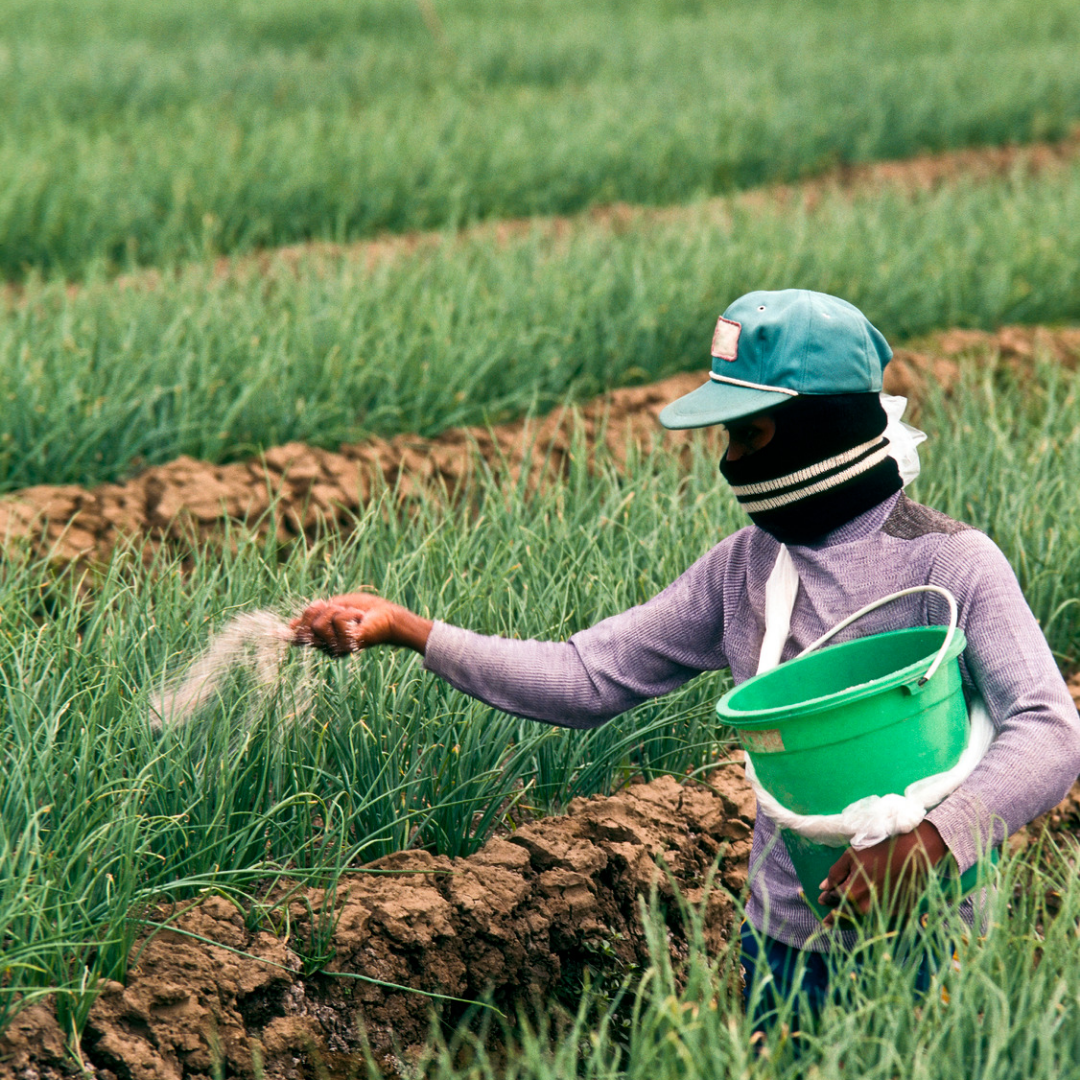Jamaica is currently facing the devastating impacts of climate change. Its agricultural sector, which is a crucial aspect of the country's economy, is particularly vulnerable to the effects of a changing climate. In this blog post, we will explore some of the statistics that highlight the effects of climate change on the agricultural sector in Jamaica.
Firstly, it is worth noting that Jamaica has experienced a warming trend of 0.15°C per decade over the past 50 years. This increase in temperature has led to longer and more frequent heatwaves, which can be incredibly damaging to crops. As a result, farmers in Jamaica are experiencing reduced crop yields and crop failures, which have significant economic impacts on the country.
Furthermore, Jamaica has also experienced a decrease in rainfall, with an average decrease of 5-10% over the past few decades. This has resulted in severe droughts, which have caused significant losses to the agricultural sector. In 2019, for example, the Ministry of Agriculture in Jamaica reported losses of over J$1.6 billion (approximately USD 11 million) due to drought.
Climate change has also contributed to an increase in pests and diseases in Jamaica's agricultural sector. The Caribbean Agricultural Research and Development Institute (CARDI) reported that Jamaica's agricultural sector loses over USD 150 million annually due to pests and diseases, which are exacerbated by climate change. As temperatures increase, pests and diseases that were once restricted to certain areas are now able to spread more easily. This means that farmers in Jamaica are having to deal with new and emerging pests and diseases, which can be difficult to manage.
In addition to the impacts mentioned above, climate change is also affecting the coastal agricultural areas of Jamaica. Rising sea levels have caused saltwater intrusion, which is contaminating the soil and making it difficult for crops to grow. A study by the Food and Agriculture Organization (FAO) of the United Nations found that rising sea levels could result in a loss of 40% of Jamaica's agricultural land in low-lying areas by the end of the century.
In conclusion, the statistics highlight the significant impacts of climate change on Jamaica's agricultural sector. This sector is a crucial part of the country's economy, and it is important that we take action to address the effects of climate change to ensure that it can continue to thrive. The farmers of Jamaica are facing an uncertain future, but with concerted efforts to mitigate the impacts of climate change, there is hope that the agricultural sector can survive and even thrive in the face of this daunting challenge.


